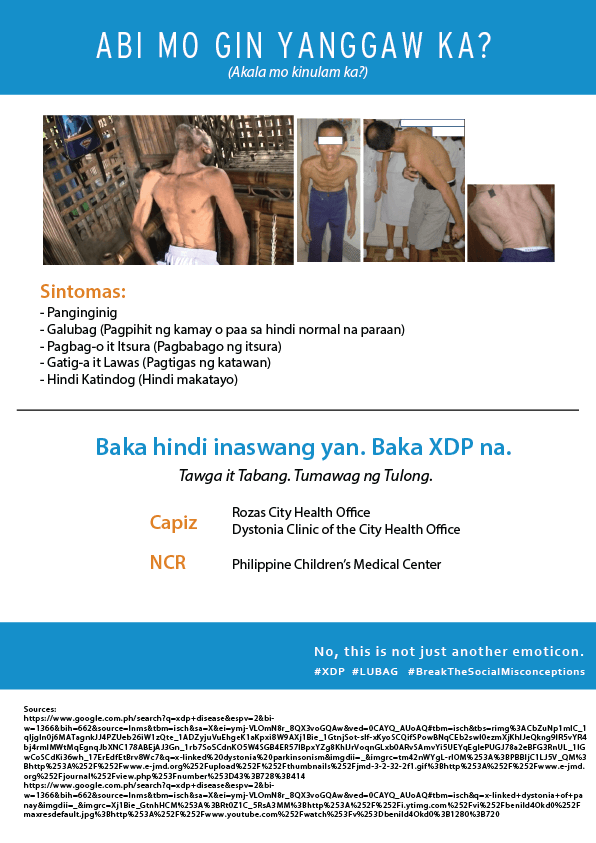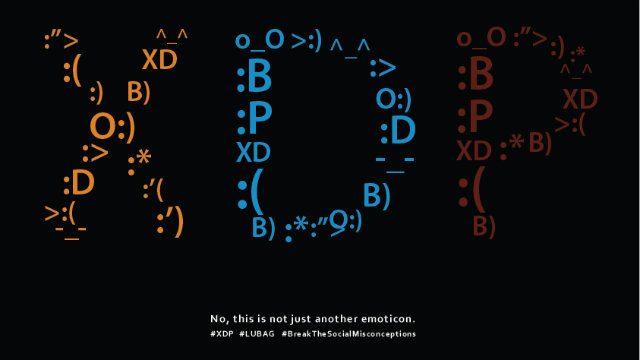SUMMARY
This is AI generated summarization, which may have errors. For context, always refer to the full article.
 A lot of focus has been given to decreasing the complications of childbirths, heart diseases, and malnutrition, while also increasing the use of health insurance.
A lot of focus has been given to decreasing the complications of childbirths, heart diseases, and malnutrition, while also increasing the use of health insurance.
How can a few cases of Maple Syrup Urine Disease (which has nothing to do with pancakes), Pompe’s Disease (nothing to do with Rome), Huntington Syndrome, Hunter Syndrome (nothing to do with hunting), XDP, and other less-known diseases get more attention?
These are “orphan diseases.”
They are branded as such for affecting usually only an individual per ten thousands to even millions of people. Most of them still don’t have cures.
Many of these diseases appear during the early stage of a child’s development. Some may hinder their development, or even cause innocent children to retire early.
Capiz, disease, mystic

Some of these diseases, however, appear at a later stage of life like the genetic disease that I am presently involved with: X-Linked Dystonia Parkinsonism (XDP).
XDP usually affects male patients on their late 30s. Some females are not exempt from contracting the disease. The symptoms include dystonia, causing them to twist their extremities that could result in awkward postures and Parkinsonism, which is often diagnosed with tremors.
Because of its symptoms, the high prevalence in Capiz and the mysticism of the province, the disease has been associated with aswangs. These made some of the patients’ families hide their loved ones from the rest of the world because of the social stigma. This results in improper or no medical assistance at all.
Because of this, I started a campaign called #BreakingSocialMisconceptions #OneSmileyAtaTime. My goal is to spread #XDPs via the Internet to inform people that those inflicted with XDP aren’t aswangs.

XDP looks like a text smiley, which is something more light and accepted than the idea of a flesh-eating breed of monsters. Actually, hours after the launch of the Facebook page, someone messaged me to say he saw 3 people who have XDP in Aklan. I was able to send the guy the number of someone who is connected to Sunshine Foundation, an organization that funds doctors and projects to cater to XDP patients.
Hopefully, this would steer the focus away from the debate on the existence of aswangs to the things that obviously matter more – that XDP patients are not given enough medical assistance. When someone is sick in the Philippines, there’s always a bantay or a caregiver who tends to patients. So in reality, the families suffer financially, while they are deprived of social acceptance.
Rare disease bill
Given that there is insufficient support – medically, financially and even socially – for people with XDP, I think the current Rare Disease bill will establish an entity in the Department of Health that will research on and implement the provisions that will support orphan disease patients.
The bill will ensure early diagnosis, better access to medicines, and increase social awareness. With the bill now being processed in the Senate, organizations like the Philippine Society of Orphan Diseases, patients, and their families could aspire and hope for a more orphan diseases-friendly Philippines.
It’s true that that orphan diseases are inherited. But some things can induce the disease that others just randomly develop. Yet the need for genetic counselors to brief the carriers of orphan disease genes to adapt – instead of passing the disease to their child – could mean a lot in isolating and controlling some of these diseases. As much as possible, let’s not make innocent and vulnerable children suffer more. We don’t want to let more families shed tears. We are not fighting a losing battle.
I realized that we all will have endings to our lives. We are not just there to lengthen the patients’ lives.
We might be studying life but do we really know how to live? We also need to look at the quality of life that we could give to the patients.
We are hoping that we can socially re-integrate orphan disease patients. We are fighting to bring back their humanity. Hopefully in this run, they can truly enjoy living again. And this is the best gift a doctor or any other person could give to someone: the gift of life.
My mom and dad are Capiz natives. Even if no one from my family currently has the disease, I am scared that a day will come when one of my relatives will have XDP or any other orphan diseases.
I will hate myself for not advocating enough to make the Philippines more orphan-disease-friendly.
I would want to wake up to a gentler world where not only the fittest survive. I want to live in a place and time when we can finally stop calling rare diseases orphaned because right then and there, it’s never neglected and abandoned. – Rappler.com
Wel Mendoza is a Health Sciences graduate from the Ateneo de Manila University. He has contracted primary complex twice when he was younger and lost his gallbladder 3 years ago that is why he wants to become an excellent and compassionate doctor.
iSpeak is a parking space for ideas worth sharing. Share with us your ideas: move.ph+ispeak@rappler.com.
Add a comment
How does this make you feel?
There are no comments yet. Add your comment to start the conversation.